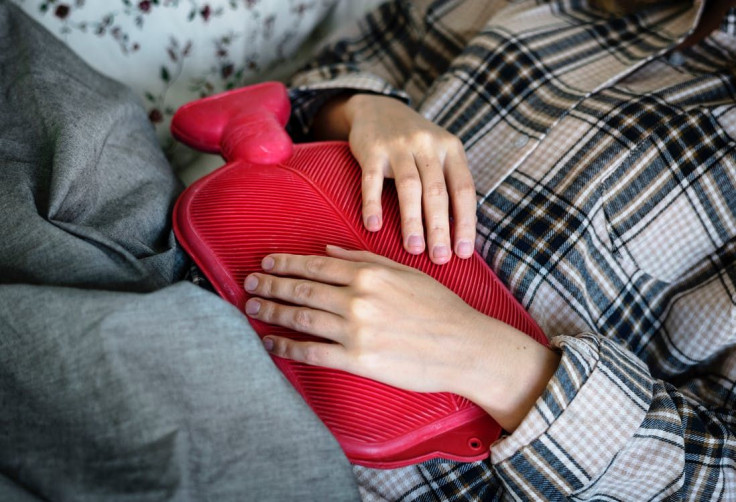Bloating And Stomach Pain May Be Symptoms Of A More Serious And Chronic Condition

Stomach bloating is a common condition that has affected lots of people. Oftentimes, the condition is attributed to foods known to generate a huge amount of gastrointestinal gasses.
In a worst-case scenario, however, bloating may be due to a range of grave and complex causes. The basic trigger of such a condition is endometriosis.
What is Endometriosis?
The National Health Service revealed that endometriosis happens when tissues similar to those lining the womb begins growing in other sections like the fallopian tubes and the ovaries.
This can irritate other tissues, which may soon result in the development of scar tissue and adhesion. This can cause organs and pelvic tissues to stick together.
Dr. Iris Orbuch, the Director of the Advanced Gynecologic Laparoscopy Center, observed that over 90% of women with endometriosis said one of their initial symptoms was gastrointestinal pain and bloating. This observation seems to be confirmed by a study that was published by the Australian and New Zealand Journal of Obstetrics and Gynecology.
The research revealed that 83% of women diagnosed with endometriosis initially felt symptoms of bloating and stomach pain during the early stages.
Aside from bloating, other symptoms include agonizing bowel movements, constipation, diarrhea, and nausea, particularly during their monthly periods.
Although there is no available cure yet for this chronic condition, various medical treatments can help relieve the symptoms. The treatments, which may sometimes require invasive procedures, can prevent the symptoms from upsetting a person’s daily routine.
Bloating may also be a warning sign of ovarian cancer. According to data made available by the NHS, ovarian cancer primarily occurs in women of menopausal age. In some instances, however, younger women may also develop the condition.
Aside from the feeling of having a bloated stomach, other common signs of ovarian cancer are swollen tummies, and discomfort in the pelvic area or tummy of women. NHS says that these symptoms are often hard to spot because they are also among the symptoms of other conditions like irritable bowel syndrome.
Identifying Bloating That is Already Serious
Dr. Oz, a TV doctor, opines that symptoms like changes in the bowel habits, presence of blood in the stool, sudden weight loss, and pain, already indicate something serious. It is crucial to see a doctor at this point.
© Copyright IBTimes 2024. All rights reserved.





















